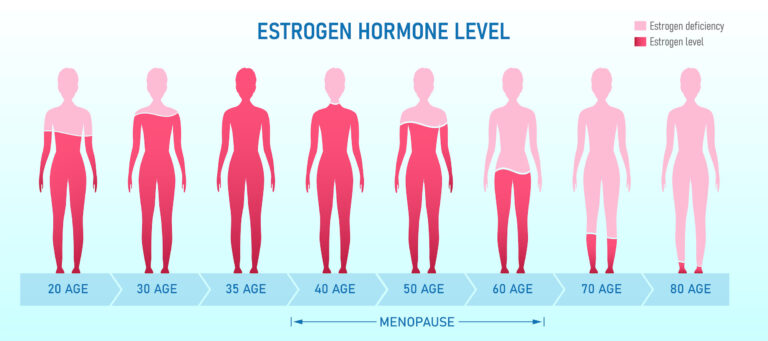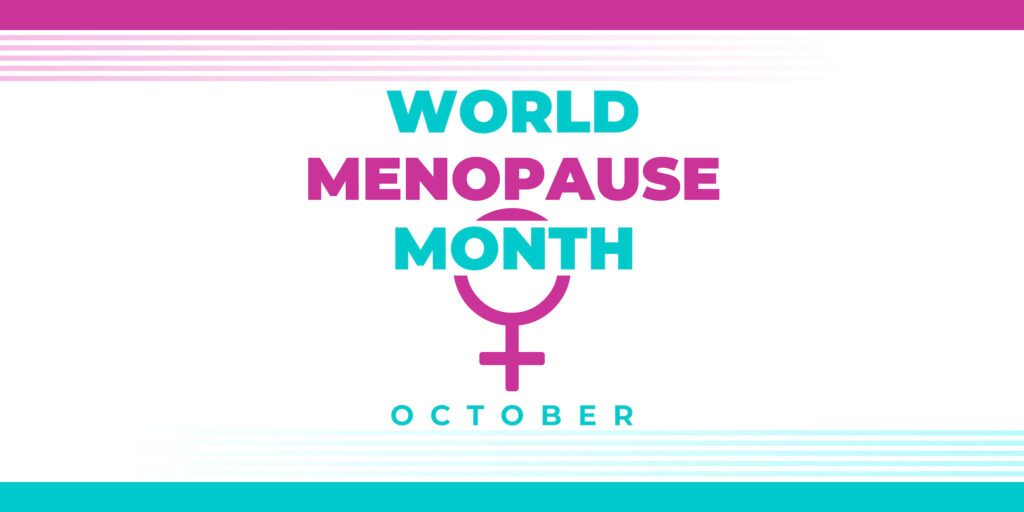The Significance of Menopause Awareness Month
Menopause Awareness Month, celebrated every October, provides a significant opportunity to focus on women’s health and well-being as they navigate the transformative phase of menopause. During this awareness month, the primary aim is to promote education and information about menopause. It’s crucial to foster a better understanding of the natural progression of menopause and the associated hormonal changes. Encouraging women to seek reliable sources of information, consult healthcare providers, and engage in open discussions to learn more is essential. Dispelling common misconceptions about menopause is also a focus, promoting evidence-based knowledge.Understanding Menopause: A Natural Biological Process
Menopause is a natural biological process, typically occurring between the ages of 45 and 55, and can last for several years, presenting a unique experience for each individual. Menopause often comes with a range of symptoms, such as hot flashes, mood swings, vaginal dryness, and sleep disturbances. Managing these symptoms is a key focus during this awareness month. These common challenges are acknowledged, and various strategies for symptom management are promoted. These strategies can include lifestyle adjustments, dietary modifications, and medical interventions. Advocating for personalized healthcare solutions tailored to individual needs is crucial.

Understanding Menopause: A Natural Biological Process
Emotional well-being is another significant aspect of menopause. Emotional challenges, including anxiety and depression, are common during this transition. These challenges are recognized, and the importance of self-care, emotional support, and seeking professional assistance when required is emphasized. Sharing inspiring stories of women who have successfully navigated the emotional aspects of menopause can highlight resilience and empowerment.Positive Lifestyle Changes for Health and Well-being
Maintaining a healthy lifestyle is critical during and after menopause. A balanced diet and regular exercise play a significant role in supporting overall well-being. This awareness month encourages women to embrace menopause as an opportunity for personal growth and positive change. Providing resources and information on preserving bone health, cardiovascular health, and the prevention of age-related diseases is essential.



